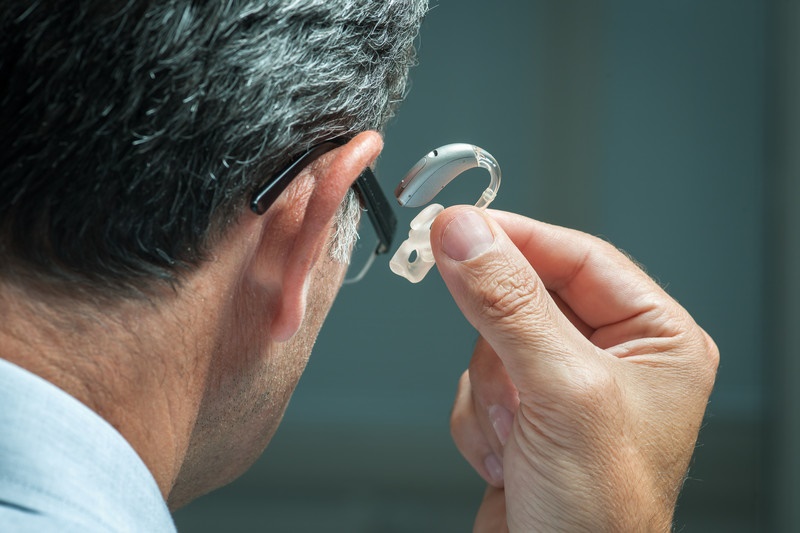
It’s commonly suggested that we don’t completely appreciate the things we have until they’re gone, and this appears to be specifically true of our ability to hear. Hearing loss is not only difficult to detect; it’s also hard to appreciate just how much hearing enhances our lives.
As one of our chief senses, along with vision, hearing effects our mental, social, and physical health, so when we lose our hearing, we put our overall wellness in jeopardy. But restoring our hearing can have several health benefits that we never really give much thought to.
Here are three ways restoring your ability to hear can strengthen your social, mental, and physical health.
Hearing and Relationships
The foundation of any good relationship is communication, and with hearing loss, that foundation is compromised. Miscommunication, hard-feelings, and avoidance can all occur from hearing loss and the barrier to communication it produces.
Hearing loss can be particularly disruptive to a marriage, as Julie and Charlie Kraft had to find out the hard way.
For most of Charlie’s adult life, he has had a common form of hearing loss known as high-frequency hearing loss, in which he has trouble hearing high-pitched sounds. And since the female voice is higher-pitched than the male voice, Charlie had an especially challenging time hearing his wife.
But because Charlie wasn’t conscious of his hearing loss, he thought his wife Julie just talked too quietly, which was aggravating for him. At the same time, Julie thought Charlie spoke too loudly—not to mention that she constantly had to repeat herself—which was frustrating for her.
In this way, hearing loss creates a frustrating barrier to communication where both parties harbor bad feelings towards one another.
In Charlie and Julie’s case, they had the awareness to recognize the hearing loss and to take action to deal with it. After Charlie began wearing hearing aids, he no longer had to speak so loud, and he began hearing new sounds, like the sounds of birds on the golf course. But the one perk he claimed he cherished the most was the improved communication he had with his wife.
Julie agreed, and both conveyed how much stronger their relationship is without the stress of hearing loss.
Hearing and Physical Health
Does wearing hearing aids tend to make you more active?
The answer is yes, according to a survey conducted by Hear The World Foundation, which revealed that 21 percent of those interviewed reported that they exercised more after purchasing hearing aids. Additionally, 34 percent said they regularly take part in sports at least once per week, and 69 percent believe that their hearing aids have a favorable effect on their overall health.
Hearing loss can make communication difficult to the point where people are inclined to avoid the social events and activities that they used to enjoy. With hearing aids, you can pursue these activities more confidently, resulting in more exercise and improved physical health.
Hearing and Mental Health
In a recent study, researchers from the National Institute on Deafness and Other Communication Disorders (NIDCD) discovered a strong connection between hearing loss and depression among US adults of all ages.
Other studies by Johns Hopkins University have connected hearing loss to general cognitive decline, including memory issues as well as an enhanced risk of developing dementia and Alzheimer’s Disease.
Clearly, the lack of sound stimulation to the brain with hearing loss causes several negative effects, ultimately causing an increased risk of depression, social isolation, and mental decline. But the good news is, studies have also shown that using hearing aids can reverse or prevent many of these problems.
How Has Better Hearing Improved YOUR Life?
Statistics are one thing; stories of actual people enjoying the benefits of improved hearing are quite another.
If you use hearing aids, let us know in a comment below how your life, relationships, and/or physical or mental health has improved! You may find yourself inspiring someone else to take the first steps toward better hearing.


